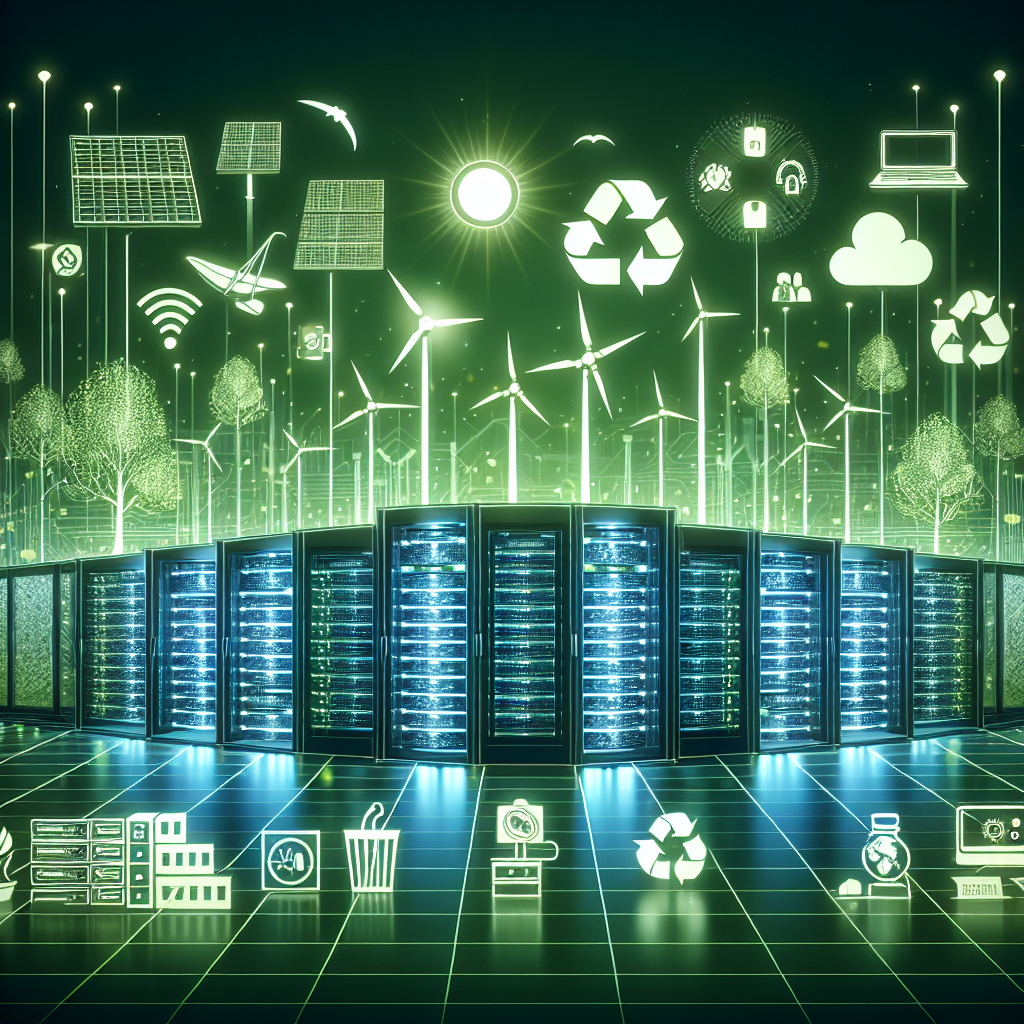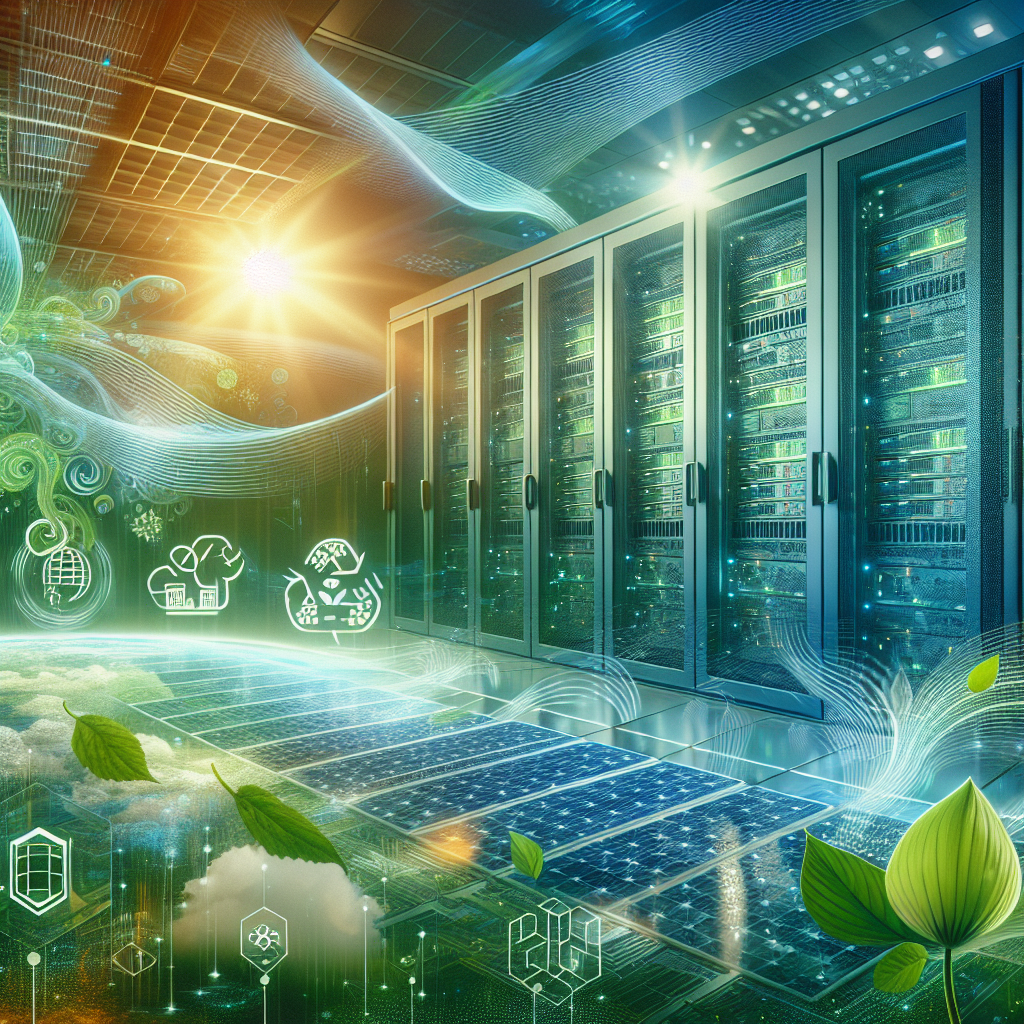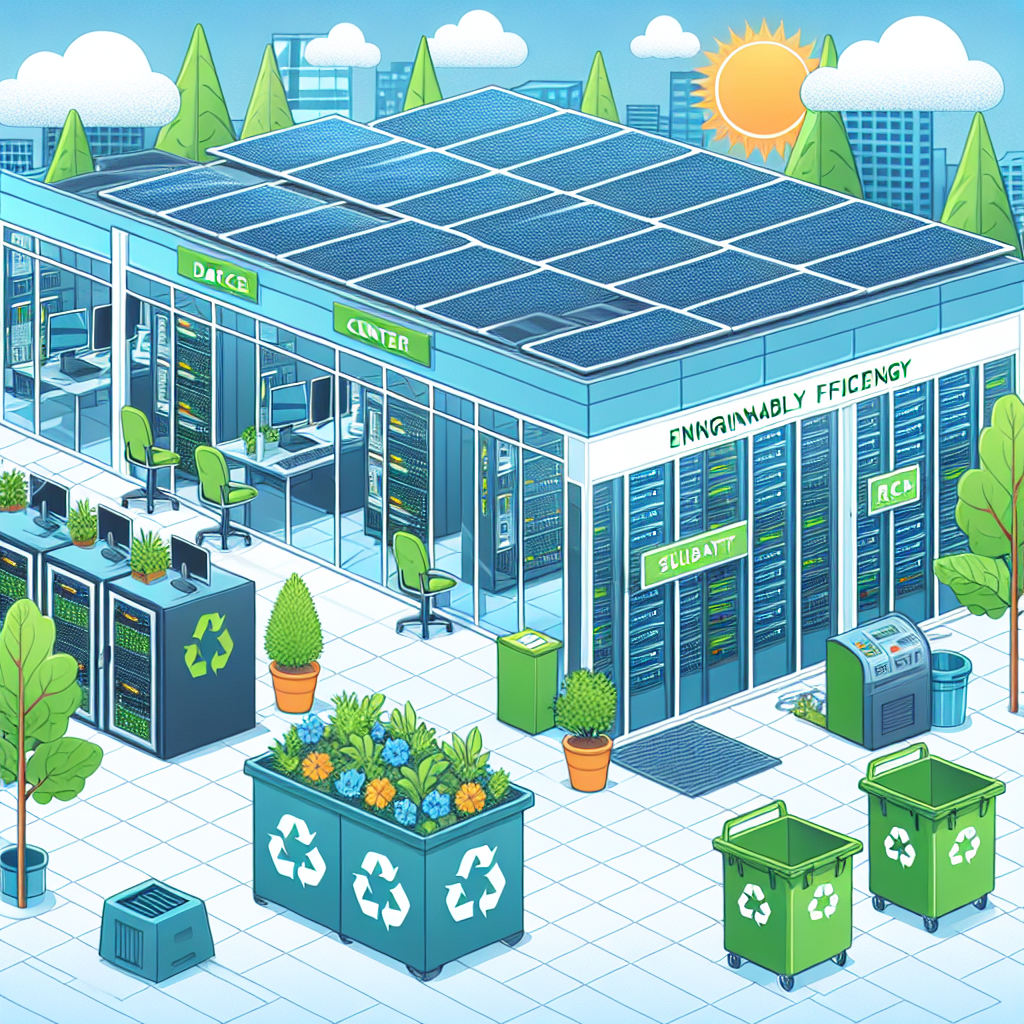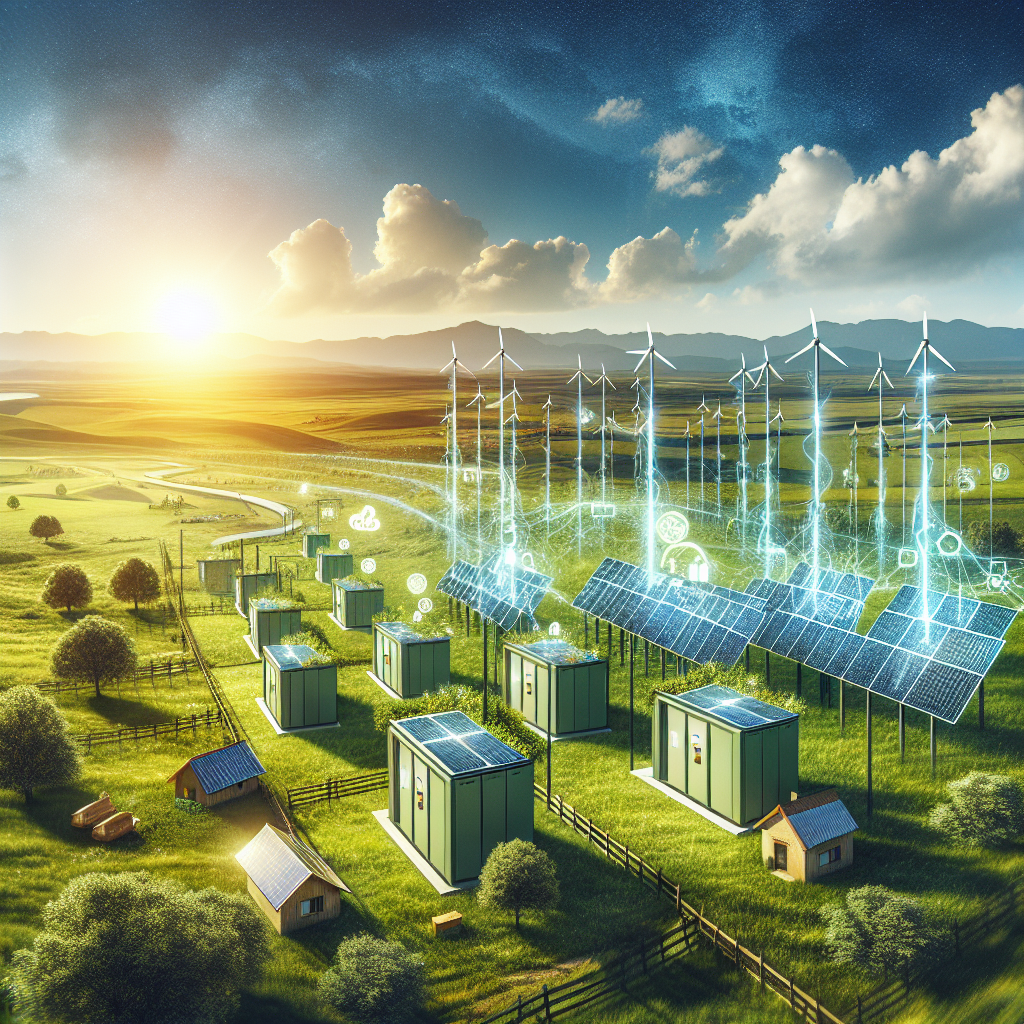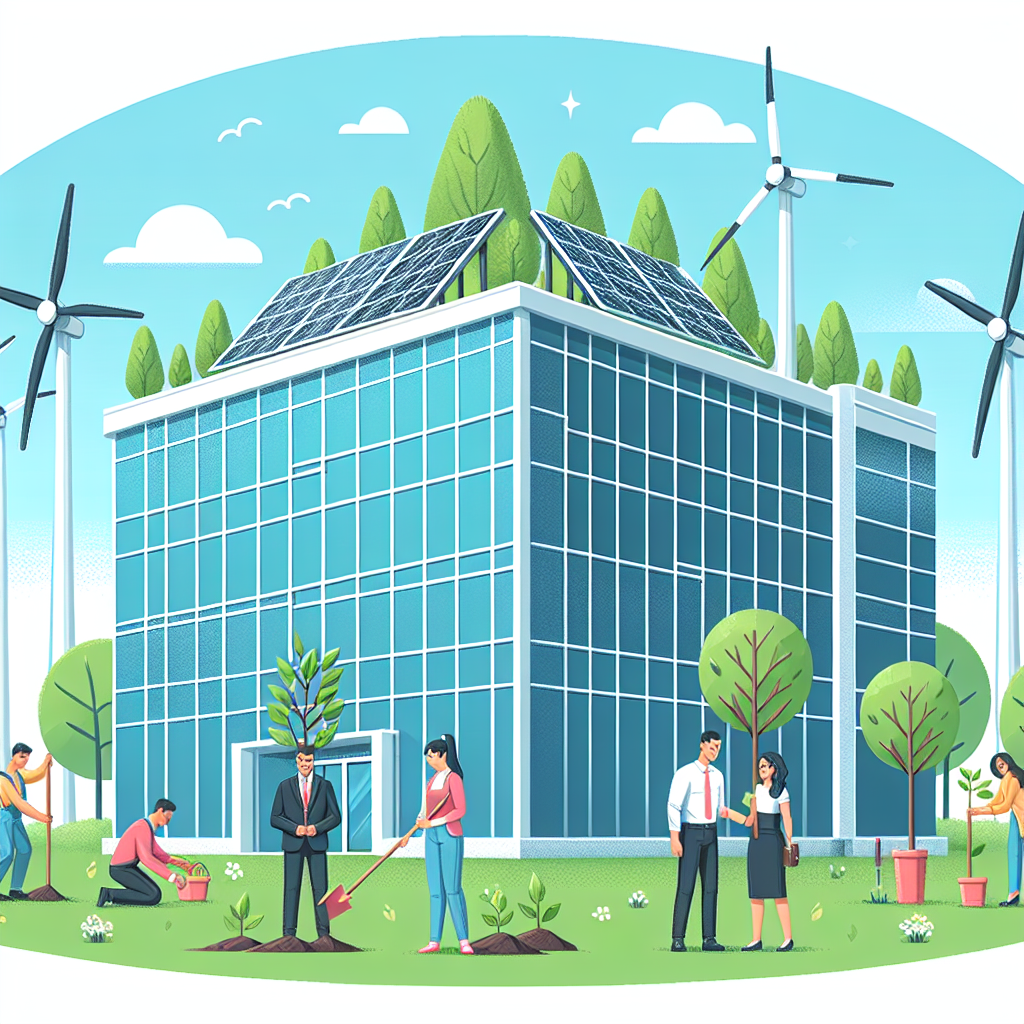In today’s digital age, data centers play a crucial role in storing and processing vast amounts of information that power our connected world. However, the environmental impact of these data centers cannot be ignored. With the increasing demand for data storage and processing, data centers are consuming more energy and contributing to a significant carbon footprint.
As the need for data centers continues to grow, it is imperative to find ways to make them more sustainable. This means finding a balance between performance and environmental responsibility. Sustainable data centers are designed to minimize their impact on the environment while still meeting the performance demands of today’s technology-driven world.
One of the key ways to make data centers more sustainable is by improving energy efficiency. Data centers are notorious for their high energy consumption, with cooling systems and servers accounting for a large portion of this energy usage. By implementing energy-efficient technologies such as virtualization, server consolidation, and efficient cooling systems, data centers can significantly reduce their energy consumption and carbon emissions.
Another important aspect of sustainable data centers is the use of renewable energy sources. By powering data centers with renewable sources such as solar, wind, or hydroelectric power, companies can reduce their reliance on fossil fuels and lower their carbon footprint. Many data centers are also exploring the use of energy storage systems and smart grid technologies to further optimize their energy usage and reduce their environmental impact.
In addition to energy efficiency and renewable energy sources, sustainable data centers also focus on responsible waste management and recycling practices. By properly disposing of electronic waste and recycling materials such as server components and cables, data centers can minimize their environmental impact and reduce their contribution to landfill waste.
Furthermore, sustainable data centers prioritize water conservation and use water-efficient cooling systems to reduce their water consumption. They also focus on reducing their overall resource consumption, implementing green building practices, and promoting sustainability throughout their operations.
In conclusion, sustainable data centers are essential for balancing performance and environmental responsibility in today’s technology-driven world. By focusing on energy efficiency, renewable energy sources, responsible waste management, and water conservation, data centers can minimize their environmental impact and contribute to a more sustainable future. It is crucial for companies to prioritize sustainability in their data center operations to ensure a greener and more environmentally responsible approach to data storage and processing.
